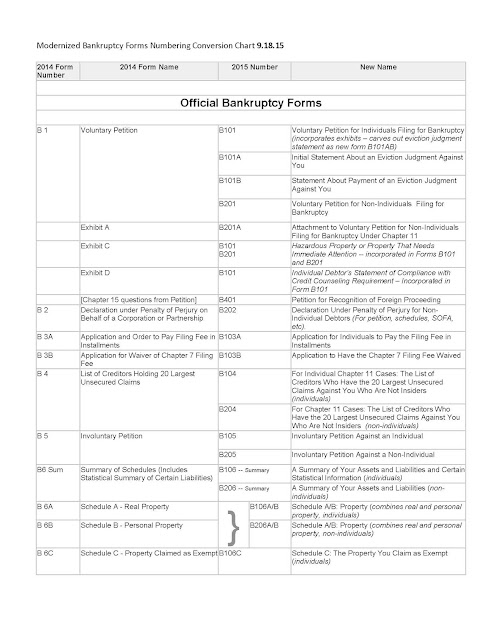 |
| Image courtesy of imagerymajestic at FreeDigitalPhotos.net |
But timing doesn't seem to be the issue. Somehow I get the feeling people are taking it personal... not many people but enough to prompt me write this. But it is not personal at all. We have an obligation to check our current and former clients to make sure our new clients are not in a dispute with them.
We cannot represent one person against another when that other person has given us private information that may be used against them. I hope that makes sense. This is an ethical violation and we need to prevent it from happening. It is to protect clients.
Also it is just not good business to switch sides; so to speak even if we were permitted. Counseling people on legal matters takes trust. There is no way to build trust if your clients constantly fear their attorneys might jump sides.
So, don't be offended if the attorney you call asks questions about the case and the other parties involved. It is an ethical requirement that is meant to protect everyone.
If you want assistance, legal representation, or just want to know more about Mark Medvesky or our firm of Wells, Hoffman, Holloway & Medvesky LLP, check out our website at www.whhmlaw.com.
#MontgomeryCounty #lawfirm #BucksCounty #Pennsylvania








